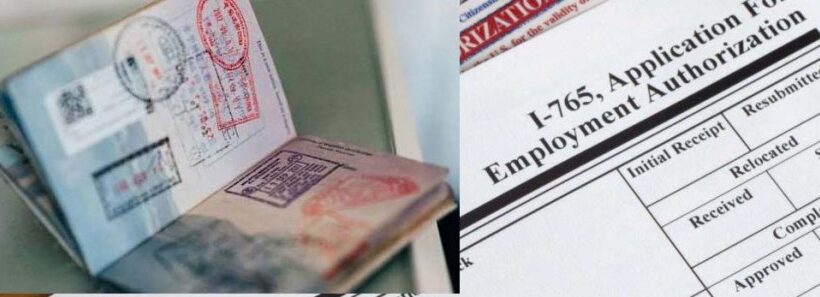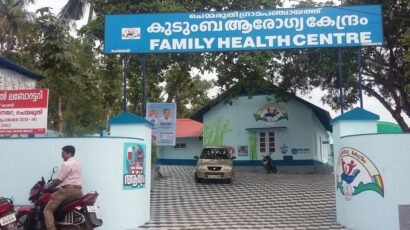Spouses of H-1B and L-1 visa holders no longer have to suffer work gaps as they enjoy automatic work authorization ensured by new settlement agreement

In a settlement agreement issued on Wednesday, L-2 and H-4 visa holders will enjoy automatic work authorization ‘incident to status’. This means that spouses of those who are deputed to US on intra-company transfers will no longer have to apply for work authorization prior to working in the US.
This is as a pursuant to a class-action suit filed by 15 plaintiffs (majority of them being Indian spouses) and the Department of Homeland Security (DHS), that the settlement agreement came into force.
With this settlement, thousands of spouses of non-immigrant visa holders – such as H-1B and L-1 (held by those on intra-company transfers) can continue in the U.S not fearing the employment gaps due to the delays in processing of their employment authorization documents.
The spouses of L-1 visa holders are holding the L-2 visa. Whereas, the spouses of H-1B visa holders are issued H-4 visas.
Under the settlement, US Citizenship and Immigrant Services (USCIS) will automatically extend the employment authorization of H-4 visa holders for up to a maximum of six months. The USCIS will issue the details of the rule in the coming weeks.
The settlement scraps a USCIS policy that prohibited H-4 spouses from benefiting from automatic extension of their employment authorization during the pendency of standalone employment authorization document (EAD) applications.
Under the terms of the settlement, H-4 visa holders who timely file their EAD renewals, continue to have a valid H-4 visa status (beyond their EAD expiry date) and will qualify for an extension of up to 180 days.
However, it is reported that the length of the auto-extension will be the earlier of – the end of their H-4 status; approval or denial of the EAD application or 180 days from the current EAD expiry date.















